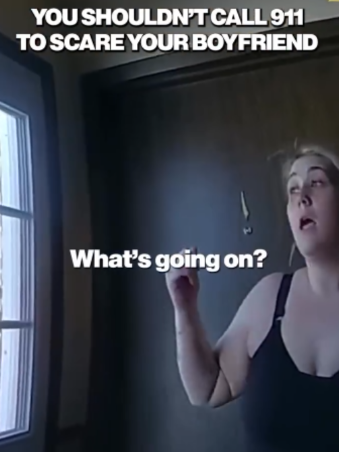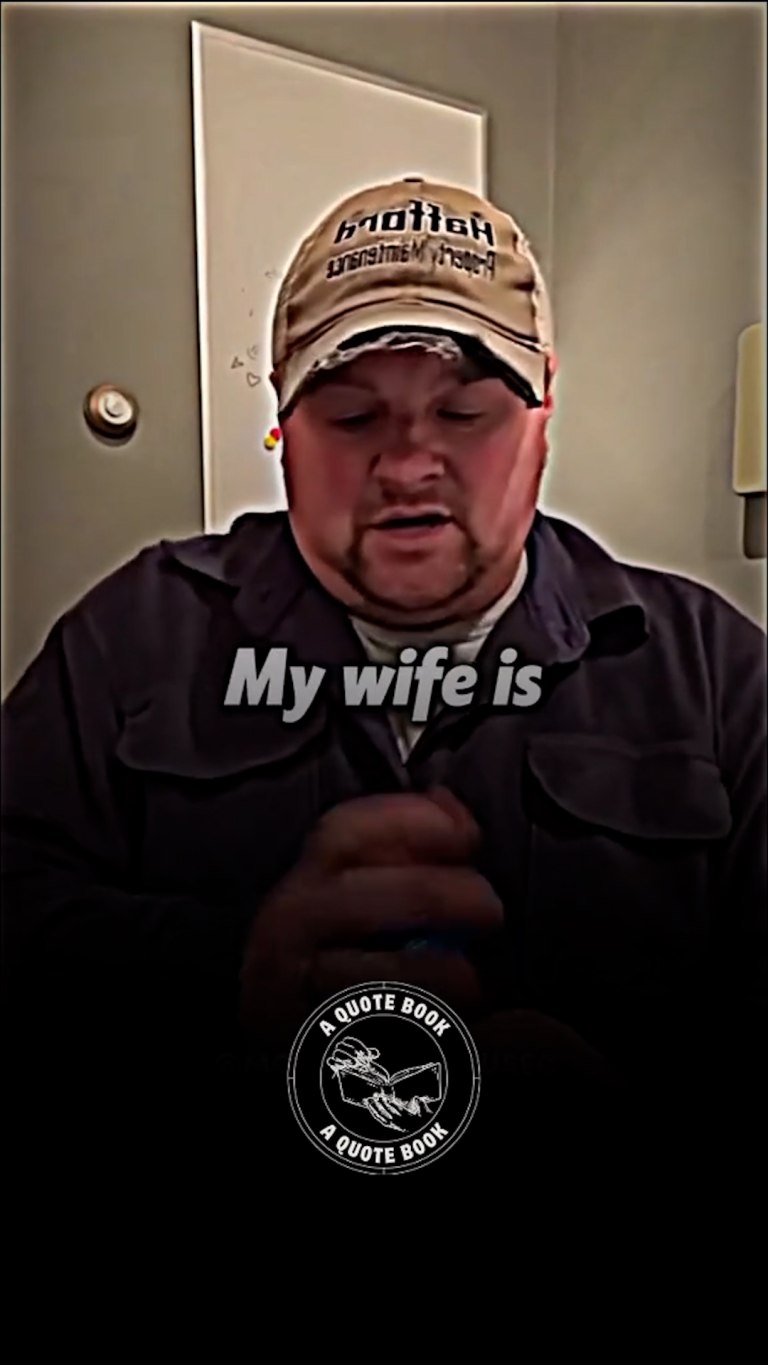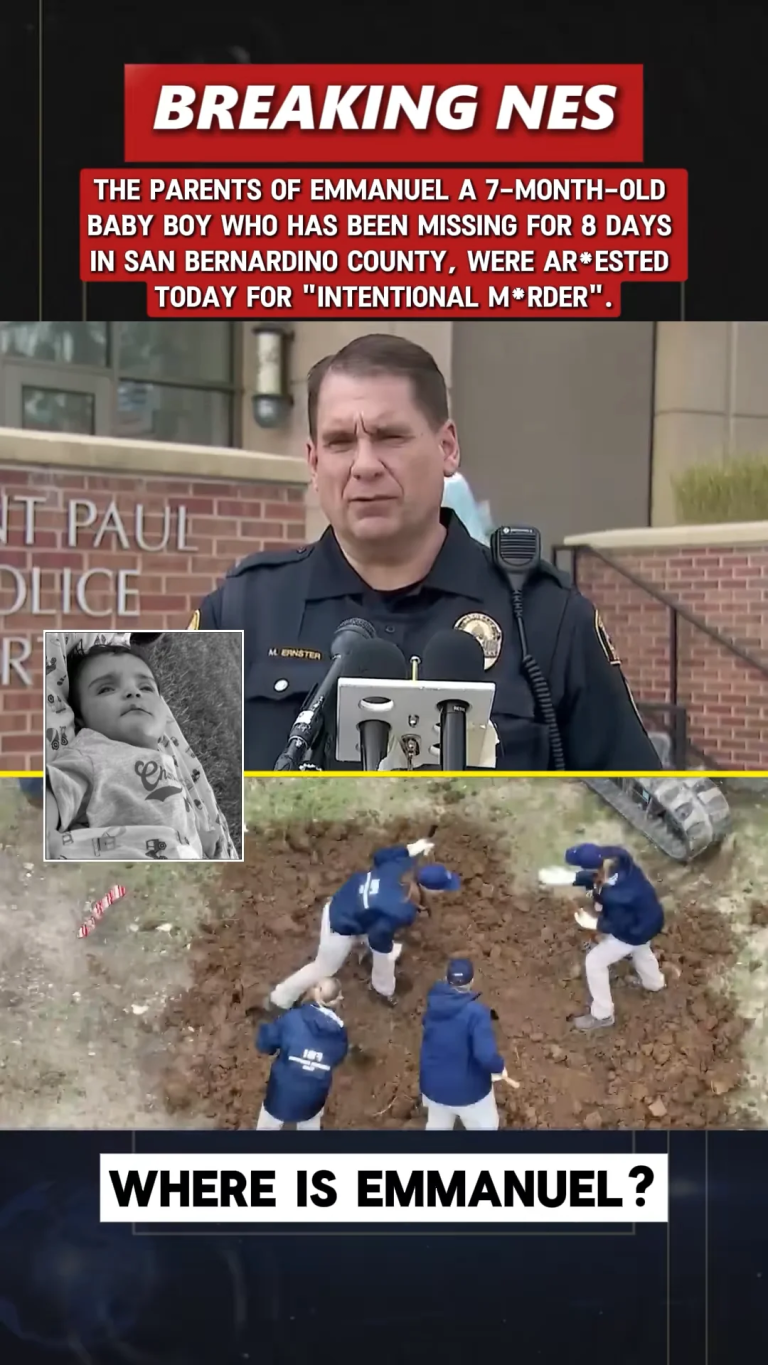
Why You Should Never Call 911 Just to Scare Your Partner
In today’s age of instant communication and high-stakes emergencies, the 911 system exists for one critical reason: to save lives and respond to real crises. Yet, some individuals misuse this service, treating it as a tool for manipulation or a way to win an argument. A recent viral clip highlights this issue, where a woman appears at her doorway speaking to law enforcement after reportedly calling 911 to “scare” her boyfriend. While it may seem like a harmless prank or a tactic to gain control in a heated moment, this type of misuse carries serious consequences.
First and foremost, emergency hotlines are not games. Every call to 911 is taken seriously, with dispatchers and officers trained to treat any situation as potentially life-threatening. When someone dials 911 as a scare tactic, they are pulling resources away from genuine emergencies—heart attacks, fires, crimes in progress—where seconds can mean the difference between life and death.
Beyond the risk of delaying real emergencies, misusing 911 is also a legal matter. In many jurisdictions, making a false or frivolous 911 call is classified as a misdemeanor or even a felony, depending on the severity of the disruption caused. Penalties may include hefty fines, restitution fees for wasted police time, or even jail time. Law enforcement takes these actions seriously because they undermine the public’s trust in emergency response systems.
There is also a human side to this issue. Calling 911 on a loved one—whether a boyfriend, girlfriend, spouse, or family member—can escalate tensions rather than resolve them. The arrival of armed officers can create a dangerous situation, especially if the responding police believe there is a legitimate threat. What might have begun as a domestic argument could spiral into an incident with life-changing consequences for everyone involved.
Experts in relationships and conflict resolution stress the importance of communication and healthy boundaries. If someone feels unsafe in a relationship, the correct step is to seek help from trusted friends, family, or professional services—not to manipulate with threats of police involvement. On the other hand, if someone genuinely feels endangered, calling 911 is appropriate and necessary. The distinction lies in intent: genuine fear for safety versus an attempt to control or intimidate.
The viral moment serves as a stark reminder that emergency systems are not props in personal disputes. 911 is a lifeline meant to protect communities, not a bargaining chip in romantic conflicts. Misusing it can have devastating legal, social, and emotional consequences.
The takeaway is simple: respect the emergency system, value your partner’s trust, and seek healthier ways to resolve disagreements. A moment of anger or manipulation is never worth the risks that come with abusing such a vital public service.



